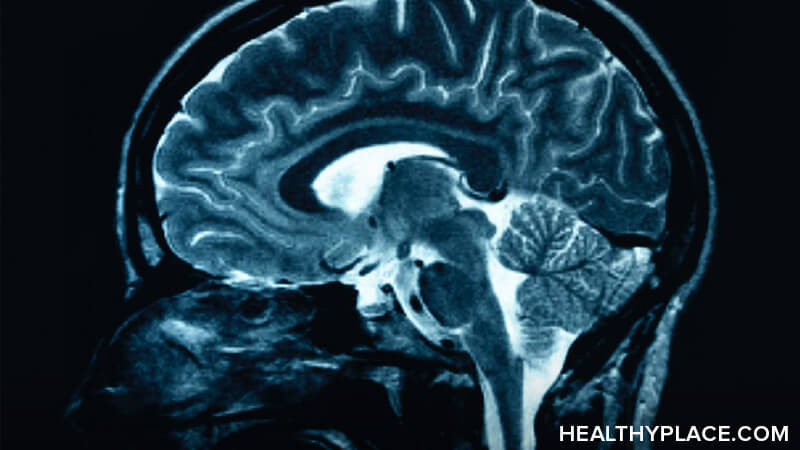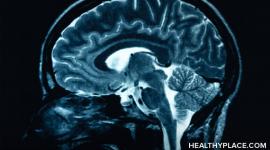How Do You Get ADHD? Cause of ADD and ADHD

How do you get ADHD? Parents whose child is diagnosed with ADHD ask this question as well as wonder if they did anything to cause or contribute to their child's condition. According to the National Institutes of Mental Health (NIMH), little convincing evidence exists indicating that methods of upbringing and other social factors can cause ADHD. This does not mean that environmental factors have no part in giving rise to the condition, simply that they do not appear to trigger ADHD by themselves. In fact, researchers don't know the exact cause of ADD and ADHD in children, but studies point to a combination of factors – both genetic and environmental.
Who Can Get ADHD?
Children, teens, and adults from all socio-economic backgrounds can develop ADHD; although, studies show that the disorder occurs at least twice as often in boys than in girls, aged 3 to 17 years. While many people seem to outgrow the condition, for others, the symptoms of ADHD persist into adulthood.
Genetic and Physiological Causes of ADHD
Research data show that dopamine, a neurotransmitter that binds to certain receptors in the brain, is not produced at normal levels in the brains of those with ADHD. This deficiency in the dopamine pathway affects the anterior frontal cortex, the part of the brain that handles cognitive processes, such as focus and attention.
Other studies, performed by NIMH researchers, used imaging technology to study the brain structure of boys with ADHD and non-ADHD boys. These studies point to structural brain differences as a possible contributing cause of ADHD. The data show that the brains of ADHD boys have a more symmetrical structure than the brains of normal boys. Despite the greater symmetry, the ADHD brains had a smaller prefrontal cortex, caudate nucleus, and globuspallidus. Scientists refer to the prefrontal cortex as the brain's command center and the other two structures translate the commands into thoughts leading to action.
Environmental and Sociological Causes of ADHD
Evidence indicates that children with a low birth weight (less than 1500 grams or 3.3 pounds), or who experienced stress due to a complicated birth, are possibly more susceptible to developing ADHD. Other research points to smoking and drinking alcohol during pregnancy as a parental behavior that could cause attention deficit disorder in susceptible children. Other possible factors being considered as causes of attention deficit disorder include toxins, such as lead, and exposure to drugs.
Common Misconceptions About the Causes of ADHD
Numerous research studies, conducted by the NIMH, provide compelling evidence that the following likely do not cause attention deficit disorder:
- Excess sugar consumption
- Inadequate education facilities
- Food allergies
- Excessive television or video game use
- Undesirable home life
Certainly, children fare better when parents limit things like sugar intake, television, video games, and other sedentary activities; but these activities and external environmental factors do not appear to cause ADHD.
APA Reference
Gluck, S.
(2021, December 20). How Do You Get ADHD? Cause of ADD and ADHD, HealthyPlace. Retrieved
on 2024, November 20 from https://www.healthyplace.com/adhd/adhd-children/how-do-you-get-adhd-cause-of-add-and-adhd


